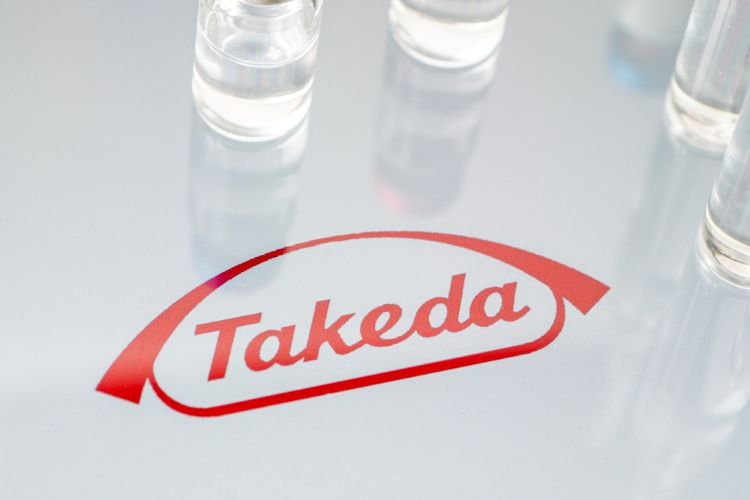Takeda withdraws from clinical cell therapy activities
Posted: 3 October 2025 | Catherine Eckford (European Pharmaceutical Review) | No comments yet
The company will instead focus its attention on advancing candidates for modalities that include biologics and ADCs.


Credit: Melnikov Dmitriy / Shutterstock.com
In a bid to prioritise its portfolio, Takeda is halting the cell therapy work that was once a core focus for the Japanese biopharma company.
The move will see Takeda cut its clinical efforts and instead concentrate on preclinical cell therapy programmes for novel investigational candidates that include small molecules, biologics and antibody-drug conjugates (ADCs).
Refocusing near-term investments into these programmes is expected to help the firm “deliver transformative therapies to patients at increased speed and scale”.
Takeda plans to use an external partner to leverage its cell therapy platform technologies and advance its research and clinic-ready programmes in this area.
Takeda plans to use an external partner to leverage its cell therapy platform technologies and advance its research and clinic-ready programmes in this area”
The firm’s investments in this modality saw it gain rights to two gamma delta T-cell therapy platforms between 2021 and 2022, through its acquisition of GammaDelta Therapeutics and Adaptate Biotherapeutics, respectively.
Takeda’s decision to pull back from the area is expected to come with an impairment loss of approximately $395 million, which it will book in the second quarter of the fiscal year ending 31 March 2026 and which mainly relates to the GammaDelta and Adaptate assets.
The refocusing of its cell therapy research comes several months before the company’s planned executive restructure, whereby Julie Kim, current President of Takeda’s US Business Unit, will become the company’s new Chief Executive Officer (CEO) in June 2026.
Wider industry commitments in cell therapy
As Takeda steps away from advancing cell therapy, other major pharma companies have embraced the modality and made significant investments. They include AbbVie, which announced an immunology-focused acquisition in June worth up to $2.1 billion. That deal with Capstan Therapeutics intends to advance in vivo targeted lipid nanoparticle (tLNP) anti-CD19 CAR-T therapy as a potential first-in-class drug for B cell-mediated autoimmune diseases.
AstraZeneca’s acquisition of Belgian biotech EsoBiotec in March for a sum of up to $1 billion, was intended to advance in vivo cell therapies and Bayer last month made two cell therapy–focused announcements. The first declaring that construction had begun on its new Berlin Center for Gene and Cell Therapies (BC GCT), then it passed a clinical milestone for its cell therapy candidate bemdaneprocel (BRT-DA01), with promising data demonstrating its neurorestorative potential against Parkinson’s.
However, Galapagos’ decision in May to consider strategic alternatives for its cell therapy business recently picked up pace with the announcement this week that it has received non-binding acquisition offers from consortia, predominantly comprised of financial investors. The Belgium biotech’s board will now consider whether to continue with the divestment or pursue an alternative course, with a decision expected to be made public in the first week of November.
Related topics
Big Pharma, Biopharmaceuticals, business news, Cell and Gene Therapy, Clinical Development, Clinical Trials, Drug Development, Industry Insight, Outsourcing, Pipelines, Research & Development (R&D), Therapeutics




![Eli Lilly logo sign [Credit: Michael Vi / Shutterstock.com].](https://www.europeanpharmaceuticalreview.com/wp-content/uploads/Eli-Lilly-400x187.jpg)




